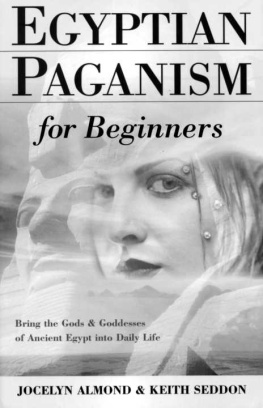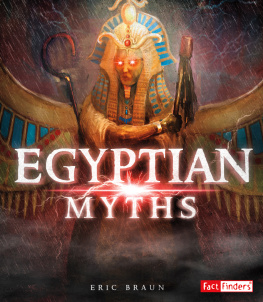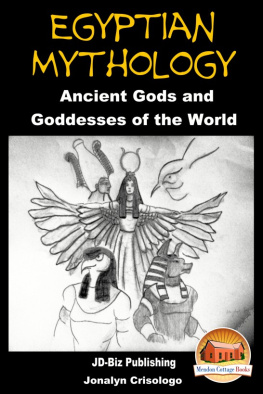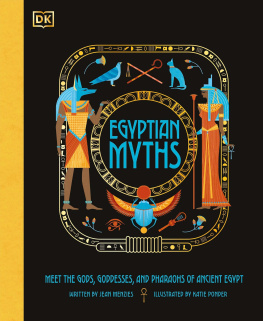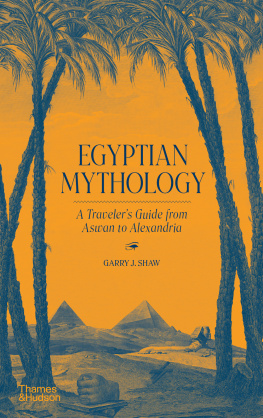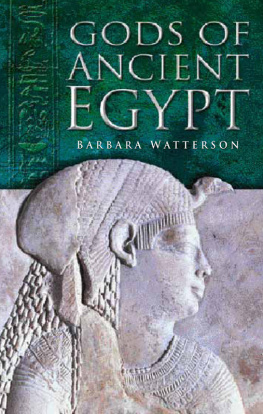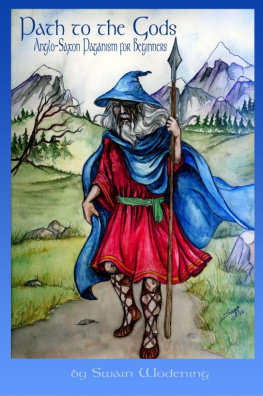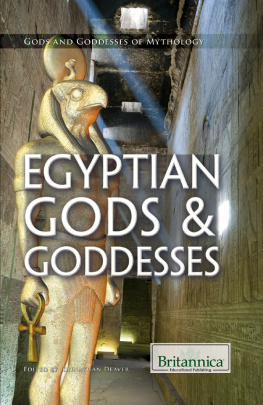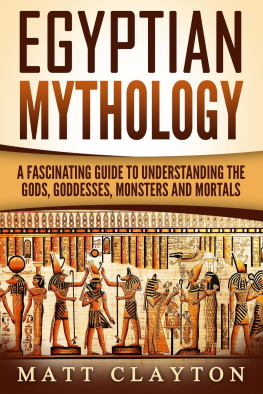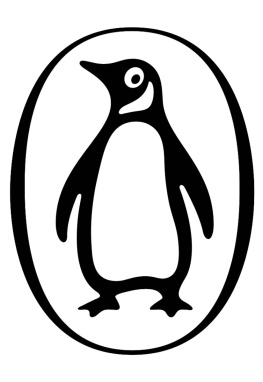Jocelyn Almond is an Archpriestess-Hierophant in the Fellowship of Isis, and teaches Magi Degree courses in meditation and magic through her Fellowship Lyceum.
Keith Seddon is the director of the Stoic Foundation and Professor of Philosophy at Warnborough University.
Jointly, Jocelyn Almond and Keith Seddon have written books about the Tarot and Egyptian Paganism. Each holds a PhD in philosophy. As a happily married pagan couple, they share teaching experience in a range of subjects, including academic philosophy, topics in humanities, and New Age studies.
JOCELYN ALMOND & KEITH SEDDON





Other Books by Jocelyn Almond and Keith Seddon
The Book of Egyptian Ritual: Simple Rites and Blessings for Everyday
[previously published as An Egyptian Book of Shadows]
(Thorsons, 2002)
Understanding Tarot
(Aquarian Press, 1991)
Tarot for Lovers
[previously published as Tarot for Relationships]
(Thorsons, 1995)
x
I I
Chapter 3
Chapter 9
Chapter 15
Chapter 23
Chapter 35
Chapter 39
Chapter 43
Chapter 51
II II
The authors are very grateful to the following publishers for their kind cooperation in granting permission for the use of extracts from their publications to compose the rites in this book.
Aris & Phillips (Oxbow Books) for extracts from R. O. Faulkner, The Ancient Egyptian Coffin Texts, 3 vols. (1973, 1977, 1978.) R. O. Faulkner, 1973, 1977, 1978.
E. J. Brill for an extract translated by J. F. Borghouts, Ancient Egyptian Magical Texts, 1978. E. J. Brill, 1978.
Cornell University Press for a text about Neith translated by L. H. Lesko, Religion in Ancient Egypt: Gods, Myths, and Personal Practice, Byron Shafer, ed., repr., 1991. Cornell University, 1991. Used by permission of the publisher, Cornell University Press.
Editions Robert Laffont (Simon & Schuster) for extracts from Christian Jacq, The Living Wisdom of Ancient Egypt, 1999. Editions Robert Laffont, 1998.
Professor John L. Foster (Scholars Press) for extracts translated by John L. Foster, Hymns, Prayers, and Songs: An Anthology ofAncient Egyptian Lyric Poetry, Susan Tower Hollis, ed., 1995. John L. Foster, 1995.
Oxford University Press for extracts from R. O. Faulkner, The Ancient Egyptian Pyramid Texts, 1969. Oxford University Press, 1969.
Routledge (Thomson Publishing) for a text about Neith from B. J. Kemp, Ancient Egypt: Anatomy of a Civilization, 1989. B. J. Kemp, 1989.
Tempus Publishing for an extract from Barbara Watterson, The Temple of Horus at Edfu, 1998. Barbara Watterson, 1998.
Thames and Hudson for an extract from R. T. Rundle Clark, Myth and Symbolism in Ancient Egypt, 1959. Thames and Hudson Ltd., 1959.
University of California Press for extracts from Miriam Lichtheim, Ancient Egyptian Literature, 3 vols. (University of California Press, 1975, 1976, 1980.) Regents of the University of California, 1973-1980.
University of Chicago Press for extracts edited by Hans Dieter Betz, The Greek Magical Papyri in Translation, 1996. The University of Chicago, 1992.
Extracts From the Following Works Have Also Been Included
Arcana, E. A. Wallis Budge, ed., Book of the Dead, 1989.
Citadel Press, E. A. Wallis Budge, Egyptian Religion, 1996.
Dover Publications, E. A. Wallis Budge, The Gods of the Egyptians, 2 vols., 1969.
Dover Publications, E. A. Wallis Budge, An Introduction to Ancient Egyptian Literature, 1997.
The authors have made all reasonable efforts to contact and request permissions from the copyright holders of extracts used in this book. If through error or omission any copyright holders have not been contacted, the publishers would be very pleased to hear from them so that appropriate acknowledgments may be included in future editions.





The ancient Egyptian religion had many deities, for which the Egyptian word is neteru (pronounced "neecheroo"). Some neteru are the same deity or neter (pronounced "neecher"), under different names and forms, and some are assimilated with other deities. Surviving myths concern the activities of only a select few of the major neteru, while there are scores of minor ones known only from their names appearing in passing, frequently in an obscure context, in sacred texts. For this reason, Egyptian writings, such as the Book of the Dead, may seem baffling to the non-scholarly reader, who finds them swarming with hoards of divine and demonic beings with weird names and titles, behaving in surprising or incomprehensible ways. (We refer often in this book to translations by E. A. Wallis Budge of the Book of the Dead, 1895 and 1989.) Sometimes the same function is shared by more than one deity. For instance, Ra, Khepera, Sekhmet, Hathor, Horus, and Atum all preside over the sun; Thoth and Khonsu are both lunar deities; Geb, Aker, and Tatenen are all divinities of the earth; and Isis and Osiris are deities of almost everything.
The frequent crossover of roles and duplication of function currently found among neteru may have been inevitable. The reasons for this curious theological evolution have sometimes been attributed to merging cults, regional variations, and syncretism in a religion of enormous longevity. Egyptian civilization endured for over three thousand years, from the thirty-first century BC to the first century AD. Different deities and cult centers came to prominence at different times, giving rise to various adjustments and assimilations. Some deities were worshipped all over Egypt and had a shrine in every major temple, while others were of local importance only. Not all neteru had god-like status-some, such as the Sons of Horus, seem more like angels than gods, and some never had cult centers or temples of their own, but were worshipped only within the cults of major neteru. Rather than seeing Egyptian Paganism as a collection of competing cults, it may be more enlightening to regard it as a religion with a number of complementary theological strands finding expression through four major religious centers of learning: Heliopolis, where the Ennead was ven erated; Memphis, the cult center of Ptah; Thebes, where Amun was worshipped; and Hermopolis, the cult center of the Ogdoad and the god Thoth.

